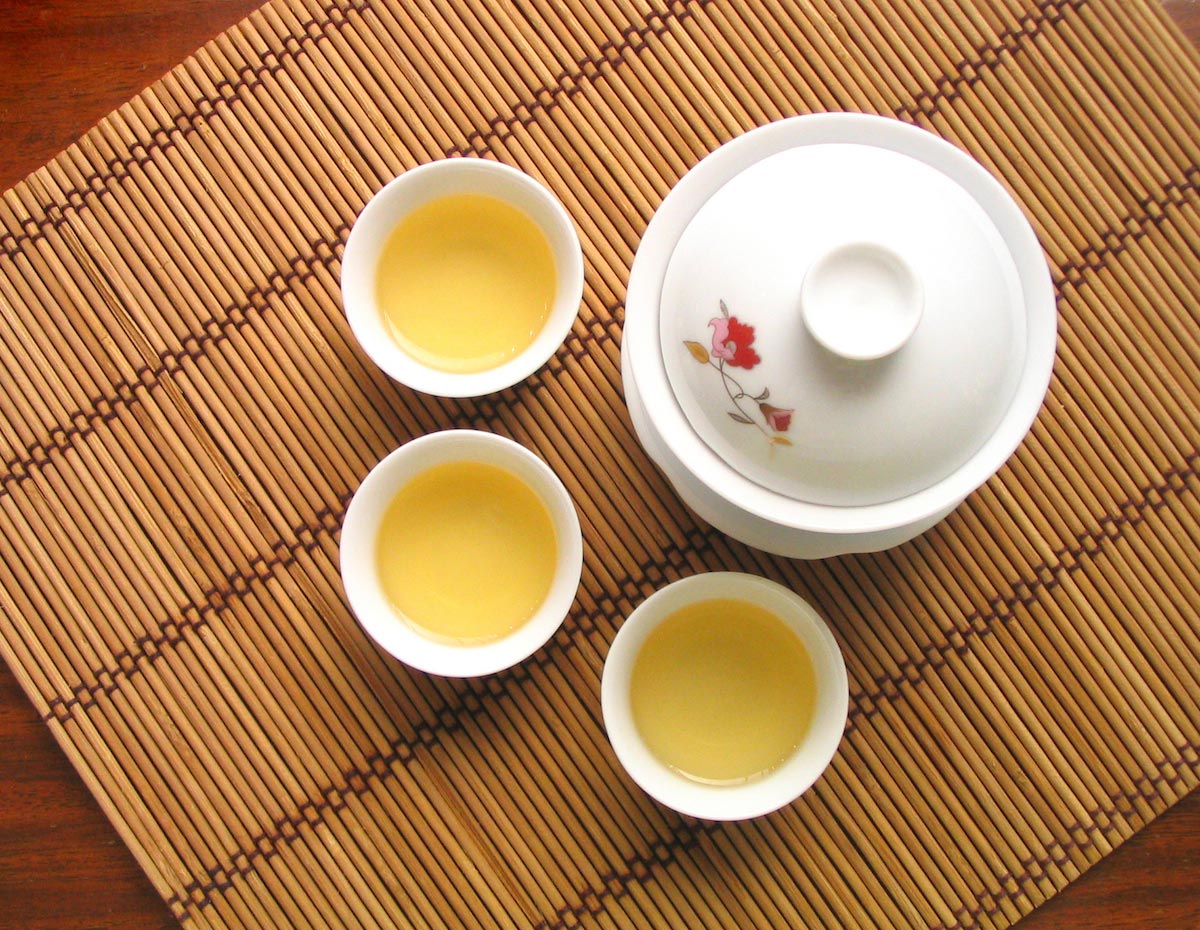Diet and inflammatory diseases: Study finds intermittent fasting helps reduce inflammation
07/07/2020 / By Virgilio Marin

A recent study from the Icahn School of Medicine at Mount Sinai in New York found that intermittent fasting – a diet cycle that involves periods of no food intake followed by periods of unrestricted eating – can reduce inflammation in the body. This potentially reduces the risk of developing chronic diseases such as diabetes, multiple sclerosis and inflammatory bowel syndrome.
The link between inflammation and intermittent fasting
Inflammation is an important part of the body’s immune response, especially when it is injured or attacked by pathogens. During inflammation, the immune system heals and repairs damaged tissues, or signals antibodies to fight harmful viruses and bacteria.
However, if the inflammation goes on for too long, it becomes what’s known as chronic inflammation. It can lead to several diseases such as stroke and rheumatoid arthritis.
In the study, which was published in the journal Cell, the researchers looked at the link between a person’s diet and inflammation. They sampled 12 people with healthy weights and asked them to go on a two-day diet regimen. On the first day, the participants were not allowed to eat anything between 12 noon and 3 p.m., as well as from 8 p.m. the same day to 3 p.m. the following day. The researchers took blood samples for circadian variation at 3 p.m. on both days.
The team found that fasting led to a significant drop in monocytes, white blood cells that promote inflammation and help the body’s immune response. These cells are produced in the bone marrow then enter the bloodstream, accounting for up to 10 percent of white blood cells in circulation. During fasting, a person’s carbohydrate and protein intakes are reduced, and his cellular energy levels are lowered. These influence certain pathways that inhibit monocyte release. The team also noted that fasting modified gene activity and gene expression patterns linked to autoimmune disorders.
“We use them to learn whether someone is sick and there are numbers that are considered normal,” said senior author Miriam Merad. “People with an infection have big numbers. What we saw here is a very strong drop in monocytes.”
For lead author Stefan Jordan, the anti-inflammatory effect of fasting is something that holds significant potential.
“Considering the broad spectrum of diseases that are caused by chronic inflammation and the increasing number of patients affected by these diseases, there is an enormous potential in investigating the anti-inflammatory effects of fasting,” he added.
A major culprit of inflammatory disease
The findings revealed in the study also highlight the link between dietary patterns and how these trigger inflammation.
Experts, in particular, have noted that overeating is a driver for chronic inflammation.
“We’re consistently over-fueling, and that then leads to what I would call inflammatory pathways,” explained Kristin Kirkpatrick, a nutritionist at the Cleveland Clinic Wellness Institute who wasn’t part of the research.
An earlier study from the University of Oslo confirms this link. In the report, the team concluded that overeating increases a person’s immune response, which triggers chronic inflammation in the body – a precursor to many chronic diseases. (Related: The Subtle Cues that Influence Overeating.)
Fasting, in contrast, helps improve immune health. A research team at the Yale School of Medicine revealed the presence of a compound called B-hydroxybutyrate, or BHB, during fasting. In their report, which was published in Nature Medicine, the team said that BHB can directly inhibit a section of the immune system involved in inflammatory diseases. Aside from fasting, the body produces BHB during dieting, high-intensity exercise and calorie restriction.
Learn more about the benefits of fasting at Health.news.
Sources include:
Tagged Under: diet plan, disease treatments, fasting benefits, fightobesity, immune system, inflammation, inflammatory diseases, intermittent fasting, overeating





















